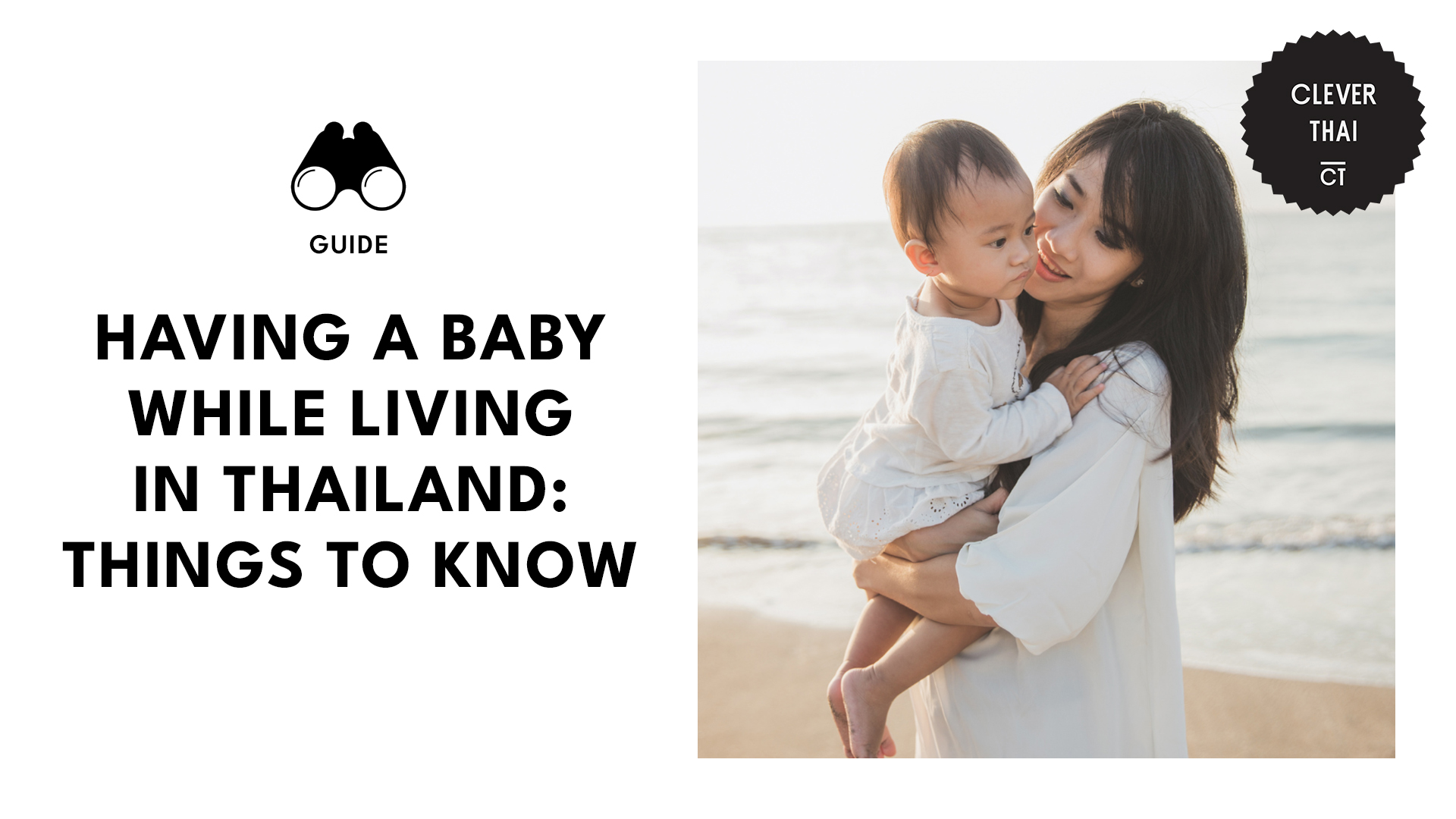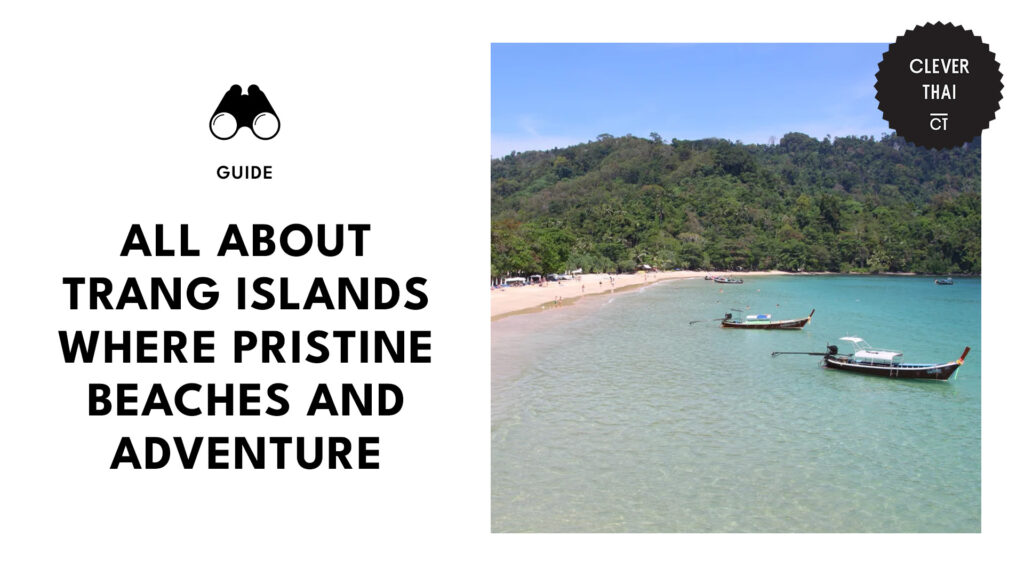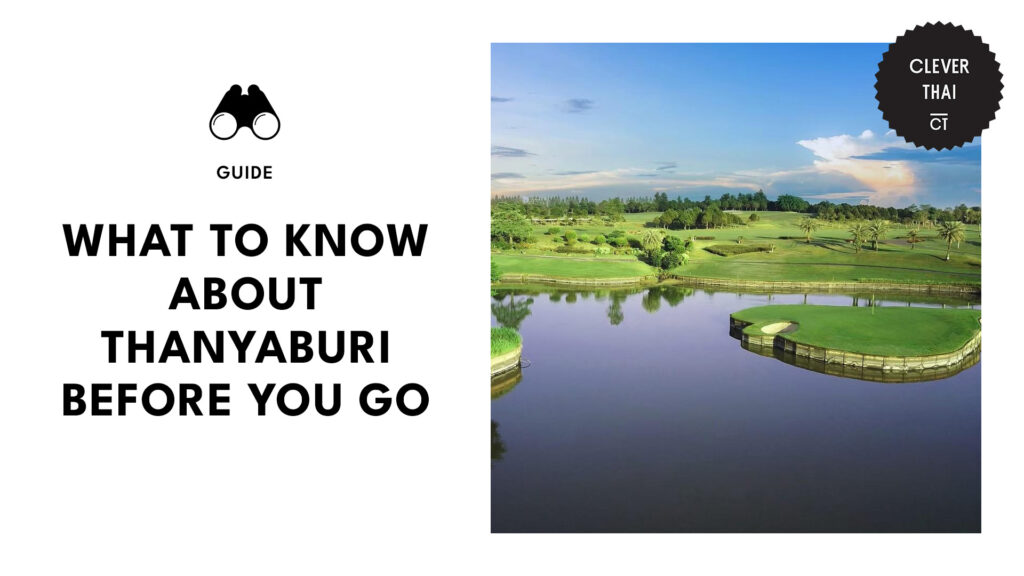Categories > Guides and Tips

Having a Baby While Living in Thailand: Things to Know
- How to Plan for a Pregnancy in Thailand
- Choose the ideal hospital
- Be aware of the required paperwork
- Things to Know about Having a Baby in Thailand
- There are no midwives
- Birthing policies differ in every hospital
- Doulas are not allowed in some hospitals
- Certain vaccinations are required for newborns
- You must prepare for your baby’s birth certificate, citizenship, and health records
- If Both Parents are Foreigners
- If Both Parents are Thai Citizens
- If One Parent is a Thai Citizen
- Fertility treatments are accessible in Bangkok
- Finding support groups can help you in your new journey
So you’ve decided to stay in Thailand and have a baby–good for you since it’s certainly an exciting adventure! But did you know that there are certain things you’d have to prepare to make you deliver your little one without any hitches?
You have to be aware of the different hospital policies, what vaccinations your baby needs, and how to get a Thai birth certificate and health records. It would also help to find support groups to get you through this exciting period of your life.
Does it sound overwhelming? Well, you don’t need to worry—we’re here to simplify things for you with our guide to the basics of planning for a baby in Thailand. Read on!
How to Plan for a Pregnancy in Thailand
1. Choose the ideal hospital
Before getting pregnant and delivering your baby, make sure that you know the ideal hospital you want to give birth. Some common considerations include the proximity (how far the hospital is), the price, and the availability of your OB-GYN.
We recommend hospitals that are minutes or (if possible) seconds away from you. Giving birth will probably be one of your most nerve-wracking days and we don’t want you to get stuck in traffic or travel for an hour before you reach the hospital.
With regard to price, you should check how much a hospital charges per package. Government hospitals in Thailand can be crowded so if you’ve got funds to spare, we recommend going to a private hospital.
A two-night stay at a private hospital will usually cost around 32,00 THB for a regular delivery while the cost for a C-section delivery will be around 44,000 THB.
Lastly, and this may seem like a no-brainer, we recommend that you choose a hospital with your preferred OB-GYN. This doctor should (ideally) be the one to have already conducted all your pre-check so that she already knows what she’s dealing with.
2. Be aware of the required paperwork
Bringing a newborn into the world will also require you to prepare the necessary paperwork to ensure that your baby is properly (and legally) documented. As you probably already know, you’ll have to prepare your baby’s birth certificate.
However, as a foreigner, the requirements for your baby’s birth certificate will be slightly different. First, you would need your first and last name translated into Thai. This part of it would be easy if you already have a Thai marriage certificate.
When you get married in Thailand, your English name will have to be translated to its Thai equivalent in order for your name to be reflected in your Thai marriage certificate. If you already have this, then you’re good to go.
But what if you don’t have a Thai certificate? Then you can also present your passport as long as it has already been translated into Thai as well.
This all makes sense if you think about it since Thai birth certificates have the names of the parties encoded or reflected in Thai. Before the big day, it’s best if you have all of these documents prepared.
Things to Know about Having a Baby in Thailand
There are no midwives
This might come as a surprise to you (especially if you’re a Westerner) but Thailand doesn’t have midwives. You can instead hire a birthing companion also known as a doula.
If you ask us, getting a doula is a very good option especially if you want a specific birthing method (natural, water birth, or hypno-birth). Even if you opt for a C-Section, your doula can still be there to assist you with your needs.
There are caveats to hiring a doula, though. We will discuss this later on in this article, so keep reading!
Birthing policies differ in every hospital
You probably already know this but each and every hospital here in Thailand is unique and will have its own hospital policy for their patients to observe.
One example is Bumrungrad Hospital which offers natural births but doesn’t have the water birth option (no water tubs here for the said procedure!).
On the other hand, Samitivej Hospital does allow water births but this limits the facility to when you’re actually giving birth and not when you are actually in labour.
We recommend that you also check with your hospital of choice if they allow doulas as some don’t actually allow these birthing companions (but more on this in the next section).
Doulas are not allowed in some hospitals
As mentioned earlier, some hospitals do not allow doulas into their premises. There was a time when Samitivej Hospital didn’t allow duolas as a matter of hospital policy but they now allow them as long as they are registered and approved by your OB-GYN.
On the other hand, Bumungrad allows doulas which means that you can get that much-needed birthing assistance up to the big day.
Plus, we think that allowing them into hospitals is a great additional business for these birthing companions and the hospitals themselves!
Based on our experience though, those hospitals that don’t allow doulas are usually those facilities that also do not allow partners into hospital premises. Hence, we suggest that you carefully check hospital policies before choosing your preferred birthing facility.
Certain vaccinations are required for newborns
Now that you’ve given birth to your baby, you might be wondering “So, what’s next?”. Our direct answer to that is pretty simple and straightforward-get your cute baby vaccinated immediately to ensure that he or she is protected!
Here in Thailand, newborn babies are required to get vaccinated with certain vaccine combinations. These include BCG (TB) vaccines, and Hepatitis B Vaccine (first dose).
You can also opt to give your newborn other optional vaccines such as the IPD vaccine and the Rotavirus vaccine among others. Of course, these additional vaccines will result in additional costs for you so talk to your doctor about which ones you really need.
Rates for baby vaccine packages usually cost around 15,000 THB while optional vaccines can cost somewhere around 3,000 THB to 10,000 THB.
You must prepare for your baby’s birth certificate, citizenship, and health records
As mentioned earlier, even before your baby is born, you need to prepare certain documents in order to obtain a birth certificate for your newborn baby. You need to have a Thai marriage certificate (which should have your name in Thai).
If you don’t have a marriage certificate, then you need to present your passport (translated into Thai) in order for the hospital to input your Thai name into your newborn’s birth certificate.
If Both Parents are Foreigners
Citizenship can be a little bit tricky. If both parents are foreigners, even if a baby is born in Thailand, he or she can never become a full Thai citizen simply because of his or her being born in the country.
For parents who are both foreigners, having a baby in Thailand (without pursuing citizenship) will still require them to present an English-translated passport. This is just to prepare the baby’s birth certificate in Thai (as mandated by law).
However, if you’re interested, you can acquire citizenship through naturalization. To do this you need to be at least 18 years old, lived in Thailand for at least five years, have no criminal record, be employed for three years, and can speak and write in Thai.
To acquire citizenship via naturalization, you’d have to submit a number of different documents. These include a copy of your passport, alien registration book, residence certificate, and copies of your work permits among others.
If you need a complete list of requirements, you can click on this link. Keep in mind though, that you need to prepare around 1,000 THB to 10,000 THB to pay for your citizenship application fees.
If Both Parents are Thai Citizens
On the other hand, if both of you are Thai Citizens, then your newborn will automatically be a Thai Citizen when born in Thailand thanks to the concept of “jus sanguinis” or the law of the blood.
If One Parent is a Thai Citizen
However, if only one parent is Thai (also referred to as a “halfie”), then you’d need to apply for Thai citizenship for your newborn. You can apply for your baby’s citizenship at the Police Headquarters where you are currently residing.
Fertility treatments are accessible in Bangkok
If you’re having trouble conceiving your first or another child, then you may want to consider fertility treatment. Fortunately, here in Thailand, the cost of such procedures is much more affordable compared to other countries.
One popular fertility treatment you may want to consider is IVF or in vitro fertilisation. Based on available data, IVFs in Thailand have a success rate of 40 to 60% which we think is great considering that it at least gives you a better chance of getting pregnant.
IVFs, though, are still pretty expensive and run you around 3,000 USD to 7,500 USD (or around 100,000 THB to 250,000 THB). As such, we recommend that you save up before opting for this kind of fertility treatment.
Finding support groups can help you in your new journey
Another thing you may not have thought of with all the excitement surrounding your pregnancy is the support groups you can join when in Thailand. These groups cover different topics that can make your life as a new parent that much easier.
One support group that we think is crucial for new parents is the group of lactation consultants that usually meet up in a breastfeeding cafe located in Sukhumvit. They’re there to answer your concerns or questions related to breastfeeding.
There’s also a Bangkok Group called Doulas of Bangkok– a group that holds monthly meet-ups which they call “Choices in Childbirth”. During these meetings, they give mothers-to-be important information on which birthing options they can go for.
You can also check out the weekly sessions held by a UK-based midwife named Emma. Her sessions are called Bambi Bumps and Babies and you can learn a lot from these sessions which cover topics that cover everything about taking care of babies.





